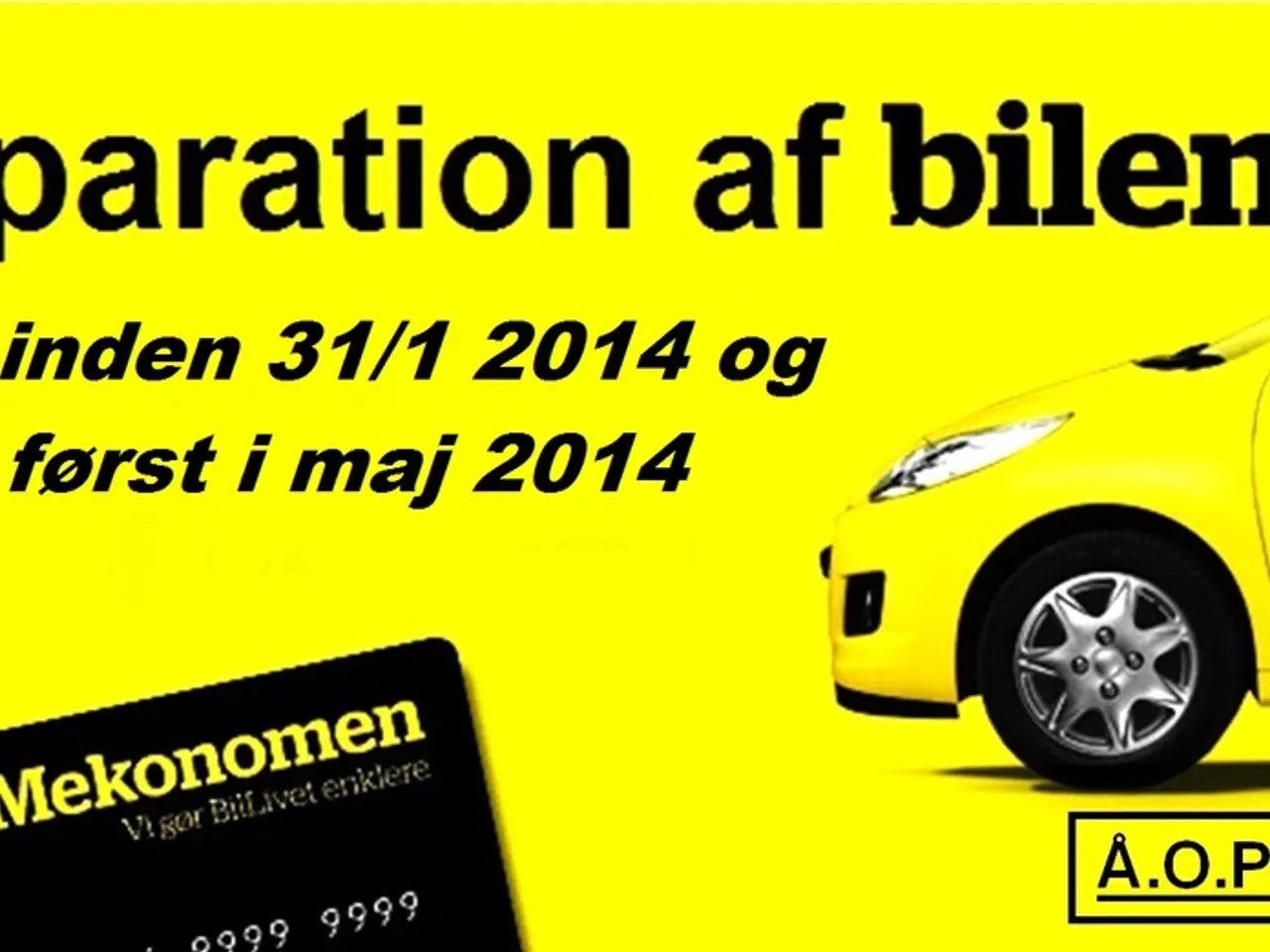Direct-to-Consumer Sales of Electric Vehicles May Be Permitted in South Carolina
South Carolina Consumer Freedom Act: A Potential Game-Changer for Electric Vehicle Sales
A bill aimed at revising South Carolina's dealership laws is making waves in the state, with the potential to shake up the electric vehicle (EV) market. Known as the South Carolina Consumer Freedom Act, the proposed legislation seeks to allow EV manufacturers without existing franchise agreements to sell directly to consumers.
The bill, currently under consideration in the House Labor, Commerce, and Industry Committee, has garnered support from six co-sponsors. One of the key supporters is Republican Senator Josh Hawley, who introduced the bill along with a group of fellow lawmakers.
The proposed law, if passed, would allow South Carolinians to buy EVs from manufacturers like Scout Motors without having to travel to neighboring states. Scout Motors, a Volkswagen subsidiary, is investing $2 billion in an EV manufacturing plant in South Carolina, and the current law is preventing them from selling their EVs directly to South Carolina residents. This could potentially leave the 4,000 workers expected to be employed at Scout's new facility in South Carolina unable to buy the very vehicles they help build in their home state.
The direct-to-consumer sales model, as used by companies like Tesla, Rivian, Lucid, and now Scout Motors, is argued to provide a more transparent and efficient purchasing process. It eliminates the middleman, potentially reducing vehicle prices and offering a more seamless experience.
However, the bill faces opposition from South Carolina's dealership associations, who argue that direct sales threaten the traditional dealership model. They contend that eliminating dealerships could reduce competition and lead to higher prices in the long run. The lobby groups also argue that dealership owners have invested millions into their businesses and fear that allowing direct sales would undermine their financial stability.
Governor Henry McMaster has expressed support for the bill, signaling a potential turning point in the debate. If the bill reaches his desk, McMaster has stated that he would sign it to allow direct-to-consumer EV sales.
Cody Thacker, Scout Motors' vice president of growth, has emphasized that the current law is outdated and limits consumer choice. If the bill is not passed, South Carolina risks sending a contradictory message by welcoming EV manufacturers with incentives but blocking them from selling vehicles directly to consumers.
The South Carolina Consumer Freedom Act could mark a significant shift in the state's EV market, offering consumers a wider range of purchasing options and potentially driving down vehicle prices. The outcome of this bill will be closely watched by the EV industry and consumers alike.
Read also:
- Ford Discontinues Popular Top-Seller in Staggering Shift, Labeled as a "Model T Event"
- Recorded surge in electric vehicle registrations during the initial half of the year
- Dubai-bound: Omega Seiki Mobility, an electric vehicle company from India, prepares for assembly establishment
- Polestar CEO, Lohscheller, voices concern on the ongoing debates about competitors' products: "Maintain focus, avoid distractions"








